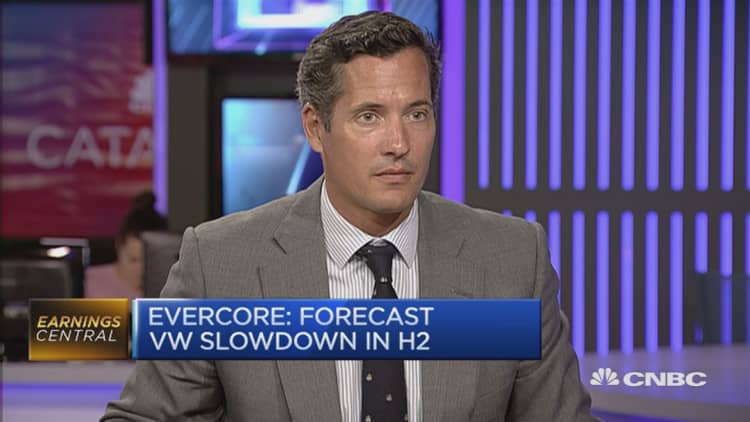
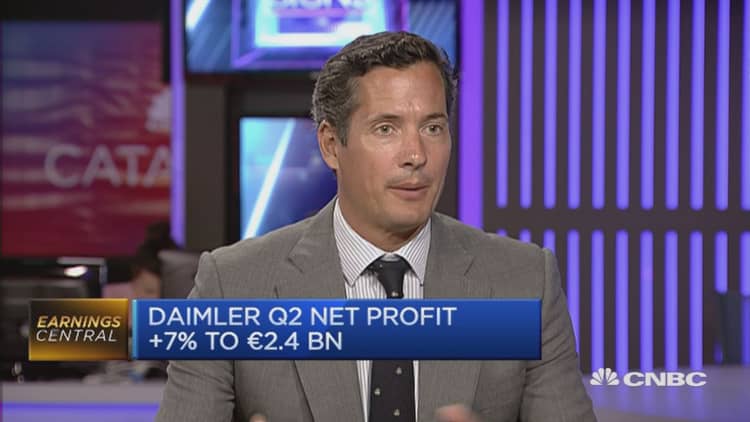
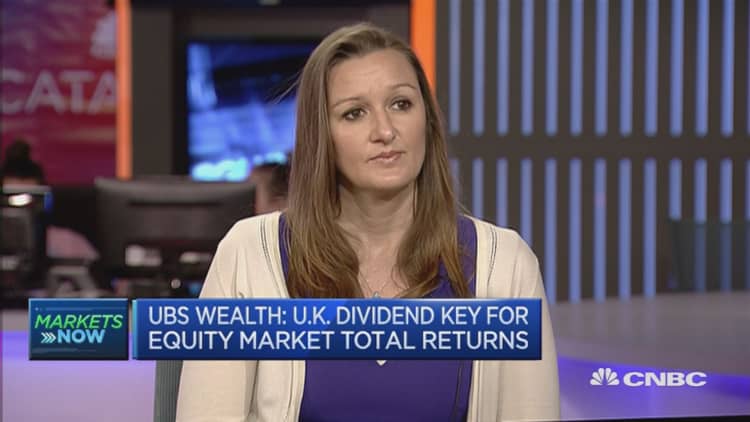
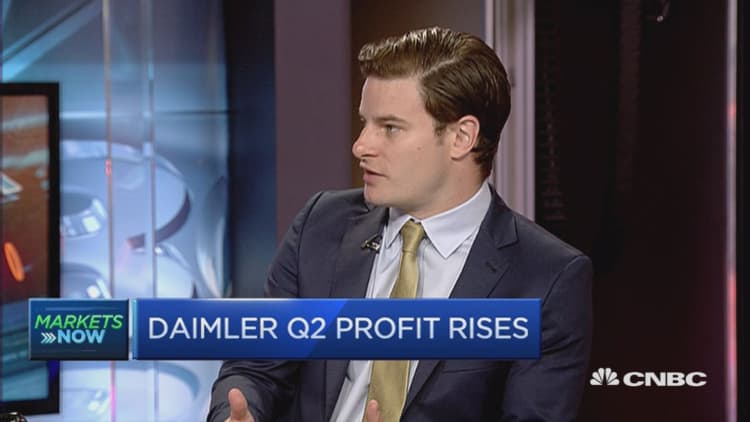
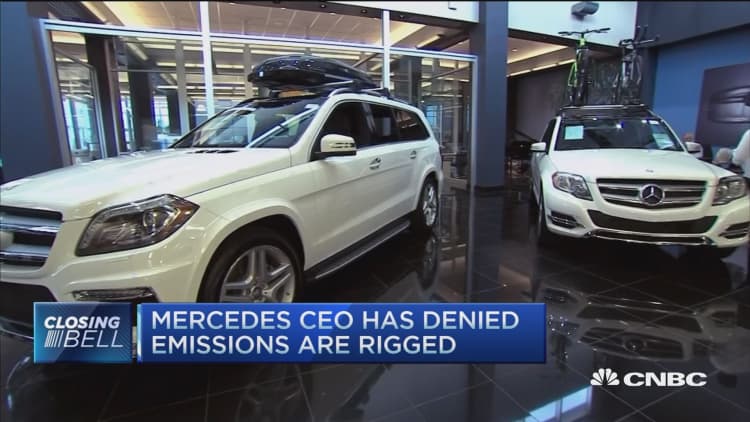
Daimler's chairman of the board of management, Dieter Zetsche said the maker of luxury cars and trucks did not expect Britain's decision to leave the European Union to have any impact on demand.
"Since Brexit there have been no noteworthy effects on demand for our products," Zetsche said, adding that he did not expect Brexit to cause a fall in car sales in Europe in 2016.
In Daimler's interim report, published Thursday, the automaker said uncertainty in the U.K. following the referendum result was "likely to primarily affect the British market", and was expected to have only "a slight impact" on Western Europe's overall market.
Separately, Chief Financial Officer Bodo Uebber said a 400 million euros ($441.5 million) charge Daimler booked in the second quarter related to an anti-trust settlement with the European Union.
Despite Zetsche's comments, not everyone is as convinced that the Brexit impact won't have its problems, with one analyst saying that the second half of 2016 could be challenging for Germany's autos sector.
"Our take is (Brexit) is a problem, because the U.K. is Germany's biggest exporting market," Arndt Ellinghorst, head of global automotive research at Evercore ISI, told CNBC Thursday.
"Germany exports more than 800,000 vehicles to the U.K. – that's three times the volume Germany exports to China, that's 30 percent more than Germany exports to the U.S.; so it's a huge market, with huge currency implications on earnings."
"I think the second half will be difficult but I also believe that Germany, Berlin, has a huge interest to be constructive in the negotiations with the new government. It's going to take time but as I said, in the second half with the uncertainty, I think it's going to be a headwind for the industry."
Ellinghorst added that in recent Evercore ISI research, 30 percent of U.K. dealers surveyed said that they were seeing a negative impact on their showroom traffic, following the Brexit vote.
"The autos industry is Germany's biggest industry, and I can't see Germany functioning without functioning a trade agreement with the United Kingdom."
The comments come as the German automaker reported second-quarter earnings, with it posting an increase in net profit; coming in at 2.45 billion euros ($2.7 billion); up from 2.37 billion euros in 2015's same period.
"Overall good numbers, but in order to make the full-year target of a slight increase, clean operating profit, they still need to grow second half earnings by 10 percent. Let's see if they can make that," Ellinghorst added.
Daimler outperformed its fellow European carmakers during trade, up 1.4 percent around 12.30 p.m. London time.

